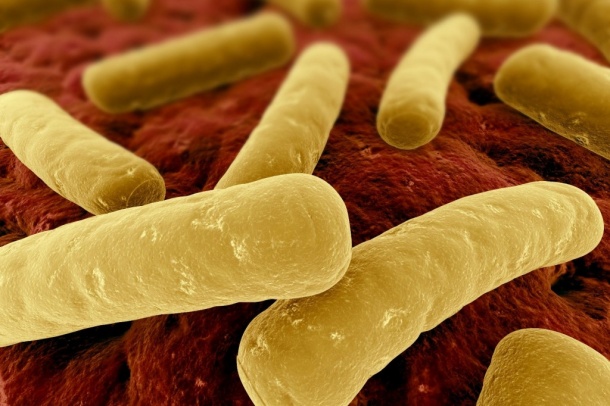C.difficile cases surge after NHS relaxes hygiene rules
The number of cases of Clostridium difficile in NHS hospitals has risen following the relaxation of government rules on fighting the infection.

Changes introduced in April 2014 raised the numbers of allowable cases in most hospitals while also slashing the fine for every ‘excess’ case from £50,000 (69,200 euros) to £10,000 (13,800 euros).
During the subsequent 12 months there was a six per cent rise in C.difficile cases – the first increase since compulsory recording began in 2007.
As an example, the number of allowable cases at the Royal Bolton Hospital in Lancashire was increased from 28 to 48. Doctors were also given the right to decide which cases were “avoidable” which potentially meant they would incur fewer fines.
The fact that today’s hospitals are fuller than ever could be contributing to the rise in C.difficile according to Dr David Jenkins, consultant medical microbiologist and head of infection prevention at University Hospitals of Leicester NHS Trust.
“A study we published in 2010 showed that if you increase your bed occupancy rate over 80 per cent, the risk of C.difficile increases by about 50 per cent,” he said.
An NHS England spokesman added: “The NHS has managed to reduce C.difficile infections by 75 per cent since 2007/08 and not all remaining infections are preventable, with many picked up outside of hospital.”
Symptoms of C.difficile, which most commonly affects people who have been treated with antibiotics, include diarrhoea, a high temperature and abdominal cramps. It can also lead to life-threatening complications such as a severe swelling of the bowel from a build-up of gas.




